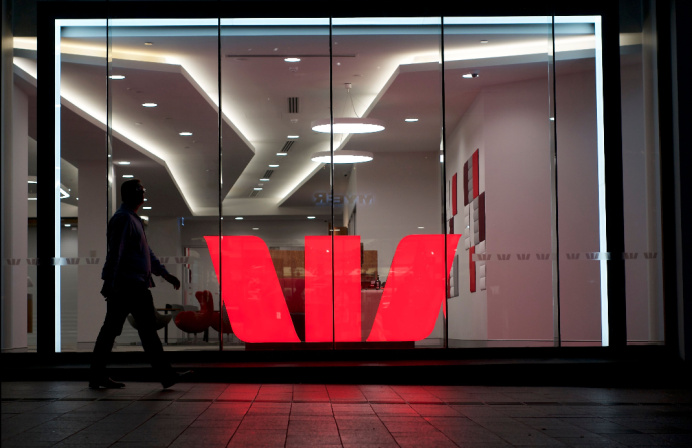
The Reserve Bank of Australia (RBA) has sought industry feedback on a proposed new fees framework that would impose a ban on merchant surcharges for all card-based payments.
In a just-released issues paper, part of an industry-wide consultation, the RBA laid out a number of possible options for limiting or outright banning the practice of merchant-added surcharges for card transactions, which include debit and credit card-based payments.
The RBA, as part of a 2022 consumer survey, estimated that around seven per cent of card transactions were surcharged, up from five per cent in 2019; however, it said, “anecdotal evidence suggests that the share of card transactions being surcharged has risen further since then”, with smaller retailers and hospitality businesses, include cafes, restaurants and pubs most likely to add – frequently excessive – surcharges to card payments.
Surcharges are considered excessive if they are greater than the merchant’s cost of accepting the card payment (which currently average around 0.7 per cent of a total transaction – two to three times the amount paid in Europe).
One proposed option would see a singular ban on surcharges for debit transactions.
This, the RBA wrote, “would help ensure that a surcharge-free electronic payment method is widely available to consumers that is still relatively low cost for merchants”.
This also has the benefit of addressing consumer concerns around the inability to avoid surcharges via a non-cash payment method whilst also maintaining efficient price signalling – between debit and credit/charge card transactions – which the RBA said could “help to put downward pressure on card payment costs”.
“It also addresses the desire that consumers be able to access their own funds without a fee.”
The RBA did flag potential drawbacks of a debit surcharge ban for payment services providers (PSPs) that offer single-rate pricing plans; merchants, as well, may also be “forced” to absorb the cost of these debit transactions into their margins, raise their overall prices, or add these surcharges to other payment methods, including cash.
An outright ban on all card-bases payment surcharges was also put forward, echoing similar “no-surcharge” rules in the EU and UK, where interchange fees are also strictly regulated.
While such a ban would serve to simplify the rules around surcharging, a barrier for both merchants and consumers, this option “may unwind the benefits of the existing framework”, according to the RBA, “[dulling] the price signals between payment methods” and potentially driving a shift from cheaper debit transactions towards more expensive credit and charge card transactions, that include reward point incentives for customers.
“This could lead to an overall increase in merchant card payment costs. Merchants may also respond by raising prices for goods and services to cover the costs that were previously recouped through surcharges,” the RBA wrote.
Among its other surcharge models proposed by the RBA include numerical caps on surcharges (for instance, a two per cent cap for credit cards and a one per cent cap for debit payments), an imposed at-cost surcharge limit that would restrict charges to the pure cost of payment processing, and/or a requirement for card networks to improve transparency rules on how they impose surcharges, including a requirement for networks and/or acquirers to monitor merchant surcharging practices and ensure that surcharges do not exceed the maximum allowed under the RBA’s rules.
Merchant-imposed fees have long-been a feature of card-based payments, with the current rules around payments processing charges being unchanged over the last two decades – a time when card payments made up less 30 per cent of consumer payments. These rules permit merchants to surcharge consumers “for the reasonable cost of accepting card payments”.
The competition watchdog, the ACCC, has powers to take action against merchant surcharging that exceeds the merchant’s cost of card acceptance.
Today, both credit and card payments make up nearly 80 per cent of all consumer payments. Despite this, average merchant fees for card payments have reduced only modestly in this time – from just over 0.8 per cent in 2008 to around 0.7 per cent in 2024.
Reforms to least cost routing (LCR) rules, including a formal regulatory requirement imposing LCR, as well as a proposal to lower the interchange benchmarks through legislation, which would force down card payment costs for merchants and likely reduce the incentive for businesses to surcharge card payments, have also be put forward by the RBA.
According to RBA figures from 2022/23, Australian consumers paid an estimated $6.4 billion in merchant fees for card-based payments.
Submissions for the RBA’s credit and debit card fees enquiry close on 3 December 2024.





